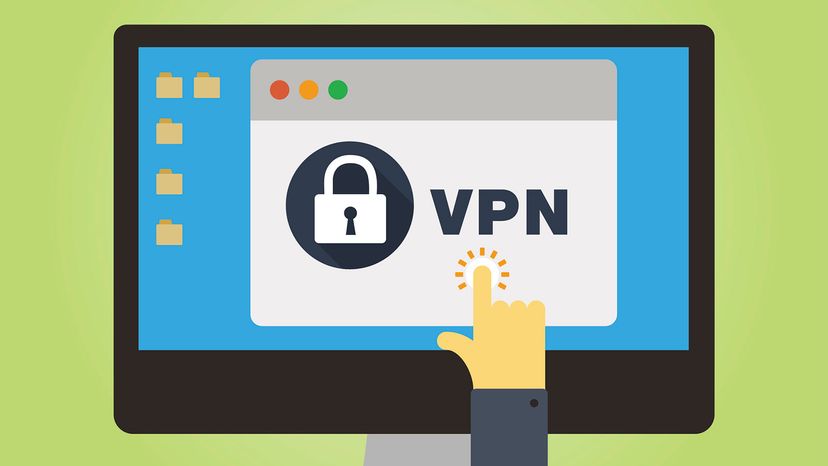A VPN is a type of network security capable of encrypting the connection from an endpoint to a network, mostly over the Internet. These networks are used by governments, business, and individuals in order to safeguard their activities from being intercepted by unauthorized people or countries.
You may be interested to know, that when the network connection is encrypted, then it becomes hard for the Internet Service Provider (ISP) to access it.
What is a VPN?
A VPN is a specialized type of network security. The term is used to explain that the connection from the end-user’s device to a VPN server is encrypted, thus preventing the ISP from seeing the end-user’s information and/or browsing history. VPNs are offered by many service providers including Microsoft, Cisco, and more. In order for the ISP to access the user’s data, the user must have a valid and active internet connection. This is done via the VPN’s connection, and the connection is secured via encryption of the user’s traffic. This process is called a tunneling connection.
When can I use a VPN? As you can see from our first example above, VPN is generally used for access to different internet websites in different locations. VPN is often used to bypass the blockage of a particular service or geographical location, and this is what we will discuss later, but if you’re interested in a services like this, why not try this out since this explains how the VPN really works. For the sake of the example, we will use the same company for the access as before (the ISP). Can I use a VPN to access my own personal content? Yes, of course, you can. The only restriction here is that if your VPN service uses IP spoofing, you may be required to provide your real IP address if asked. It is always best to provide a valid and valid source IP. If it is not provided and you are asked for it, you can ask the VPN provider to do a static lookup in its system and verify the IP with the real IP that it is connecting to (or you can ask the VPN provider to log the IP as part of the VPN process). VPN providers may also log the time you are online, what website you visit and what pages you open with your browser.
Many of the above information is collected by VPN providers and is therefore readily accessible by authorities. The following websites will allow you to check if the VPN provider is logging:
VPN log by VPN providers the most comprehensive list
Wired VPN Logger the most comprehensive list
This site also contains the following information regarding the use of third-party VPN software:
How to turn VPNs off and on: https://blog.openvpn.net/how-to-turn-vpn-off-and-on
n/
